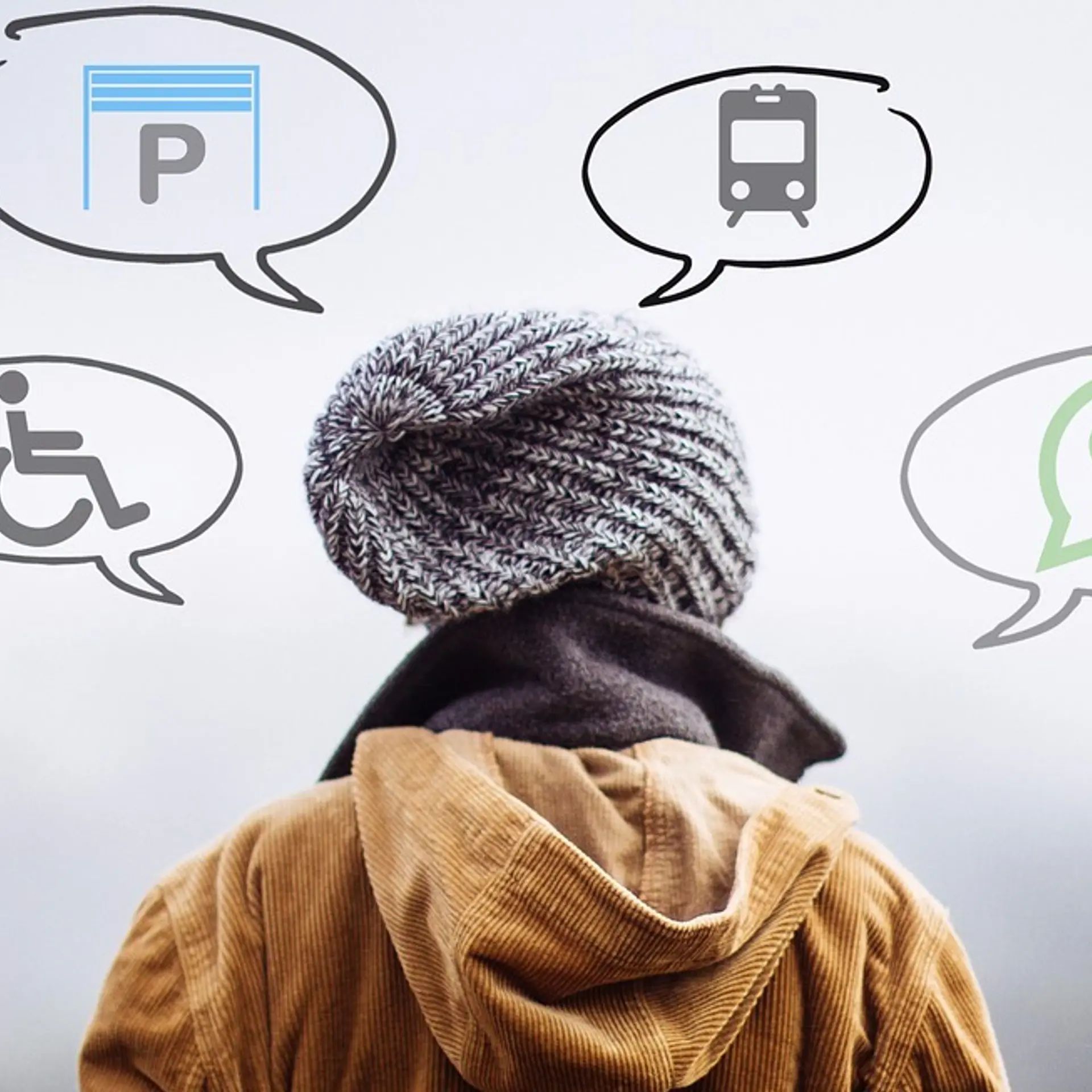

Has Delhi become any safer for women since December 16, 2012, Five years later, safety is still a privilege in Delhi.
While the jury is still out on the safety perception of Delhi, which is often tagged as the ‘rape capital’ of India, a few things have indeed changed here in the last five years.
For one, sufferers and their families are coming out in increasing numbers to lodge complaints and demand justice. Thanks to legal reforms that followed the fatal gang rape, women who suffer harassment can now press appropriate charges that were earlier euphemistically dismissed as eve-teasing or outraging the modesty.
Delhi has also taken the issue of women’s safety outside seminar halls and TV studios to dinner tables. It is part of the mass discourse, something even the political class have found difficult to ignore.
Perhaps that is why promises of women’s safety have figured prominently in election manifestos of all political parties that have contested polls in Delhi since 2012.
However, judicial remedies or police reforms, though absolutely necessary, are mostly curative, rather than being preventive. The massive spike in reported sex crime – especially molestation (up by 573%) and harassment (up by 441%) — since 2012 shows that public places, where these are most likely to occur, have not become any safer for women.
In Delhi, almost every woman is a potential target of obscene remarks, lewd gestures, stalking, groping or molestation.
They are fearful not just on empty buses and metro coaches, at unlit bus stops, subways, and streets, but even in busy marketplaces and on packed public vehicles.
Physical acts like groping led to depression and low-self esteem. Many women started avoiding specific areas, altered the way they dressed, and avoided social outings or stopped going out at all. If a similar investigation was conducted in Delhi, the narratives would not be very different.
A city cannot be made inclusive of women’s needs unless women are equal partners in decision-making. Consultations on gender planning and budgeting must now go beyond mere engagements with civil society groups.
Delhi could make a beginning by hearing out what its women want. Although a step has been made by the launch of crowd-sourced safety audits of unsafe spots in the city, we must formalize a system whereby dedicated surveys are launched to map gender violence. The data then can help drawing up actionable plans.







